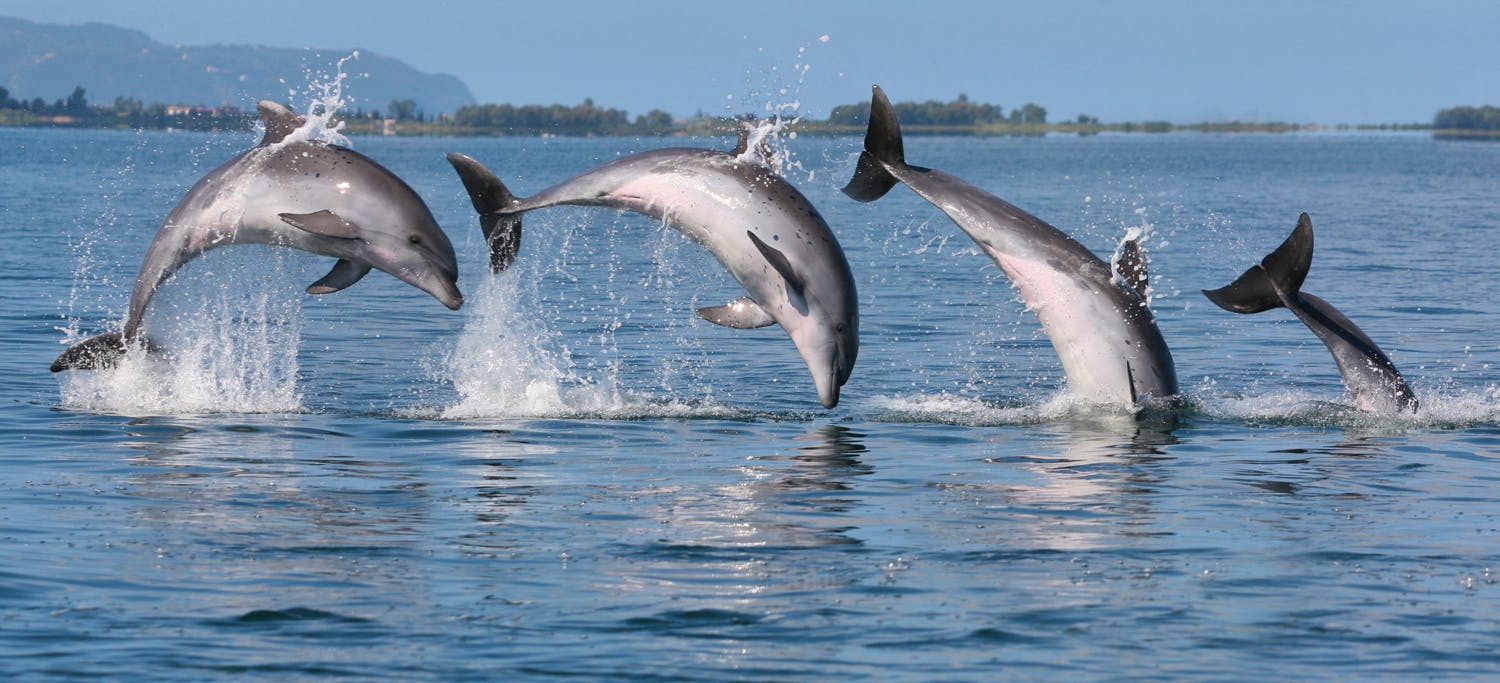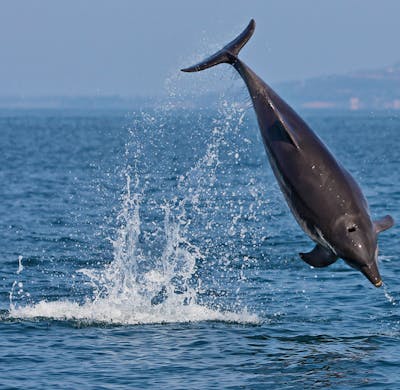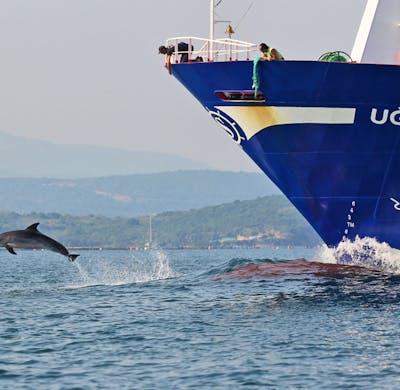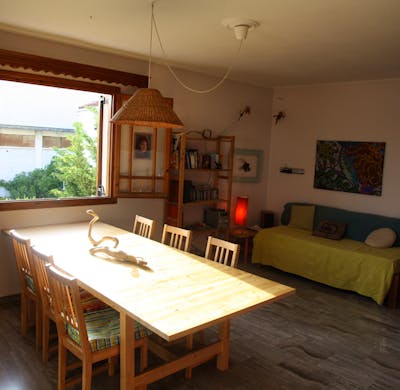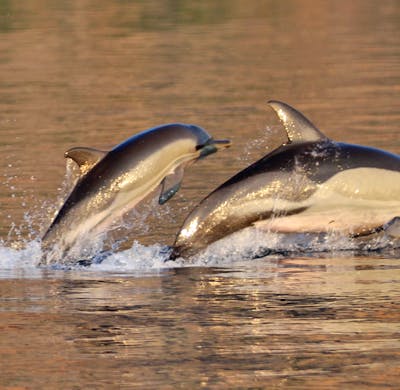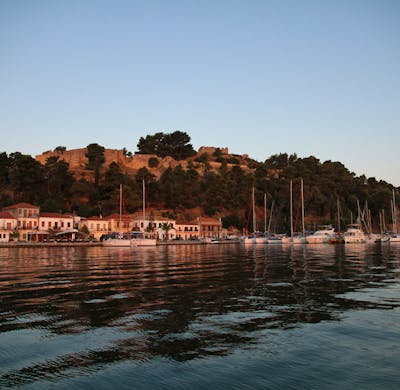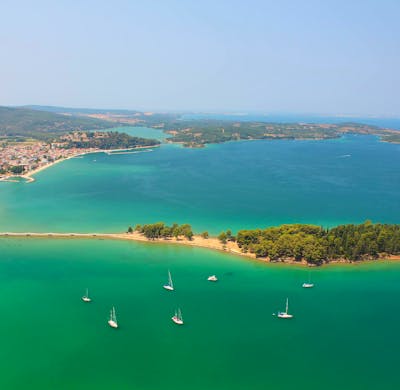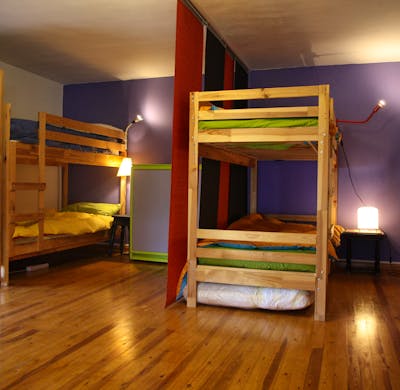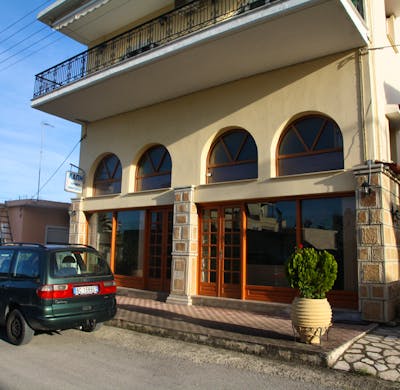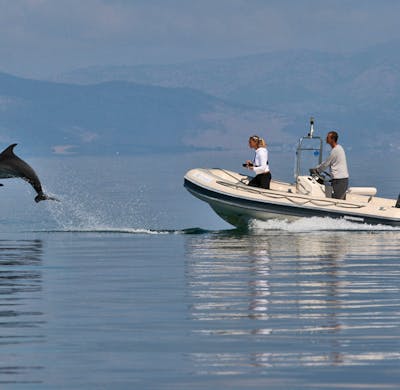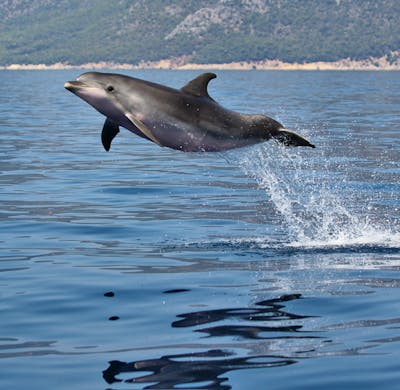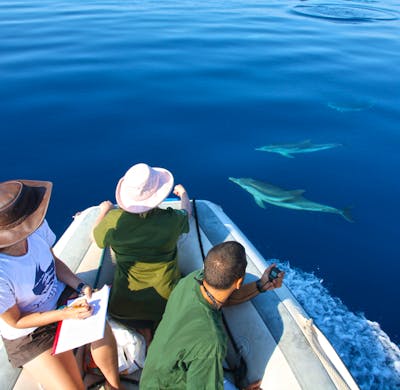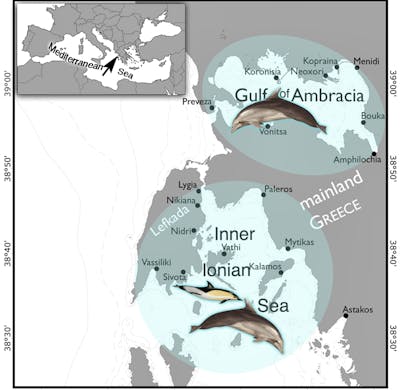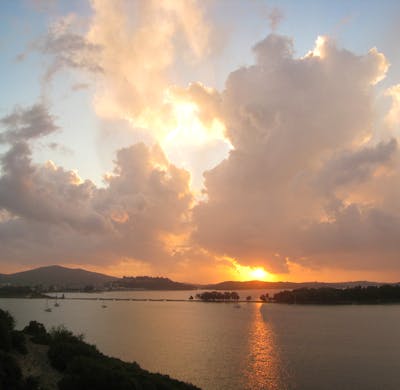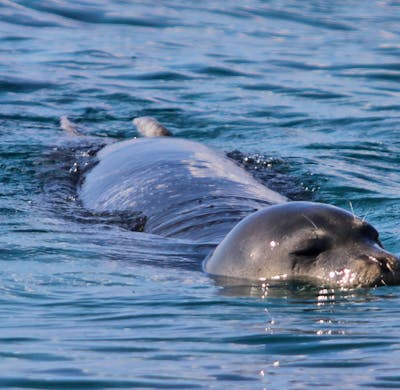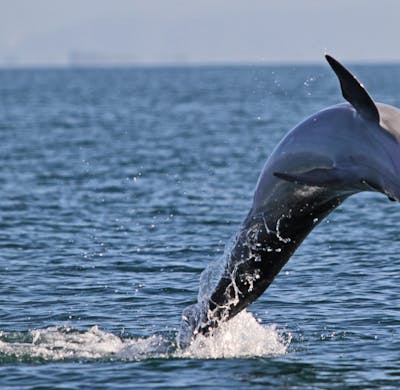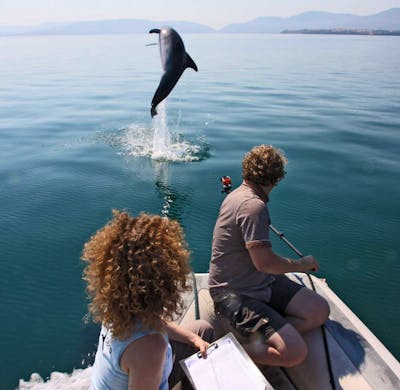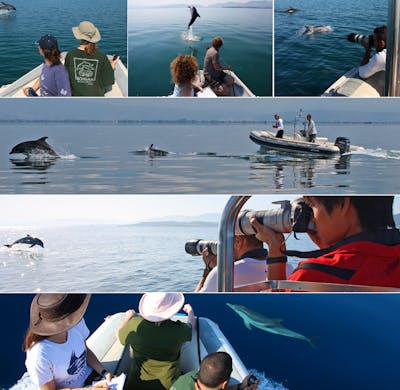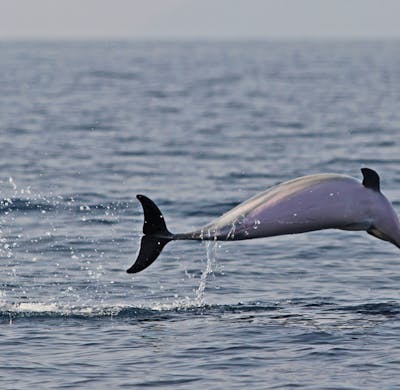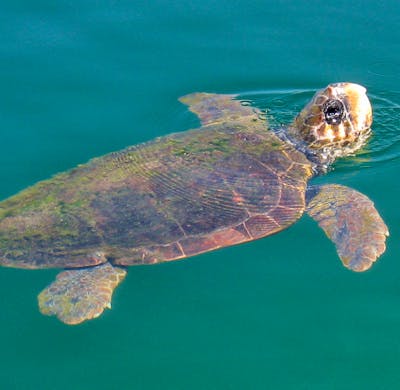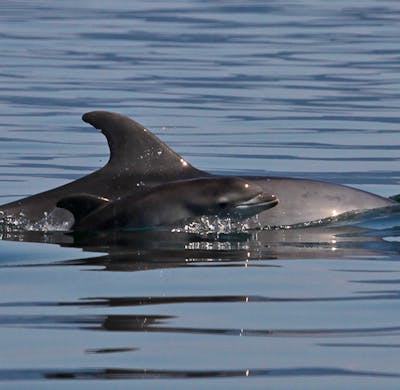2017 at Coastal Dolphin Conservation
Coastal Dolphin Conservation
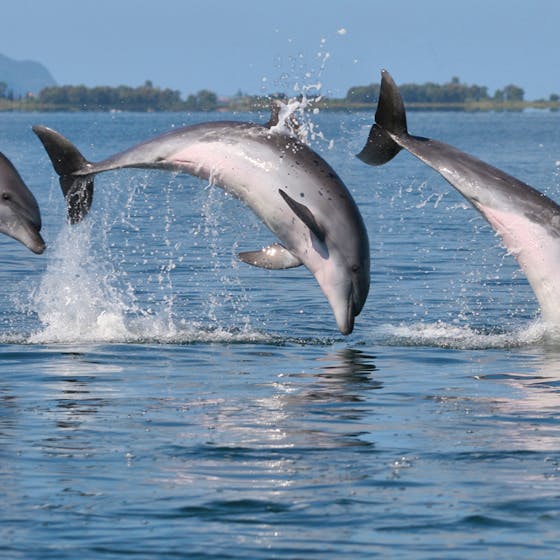
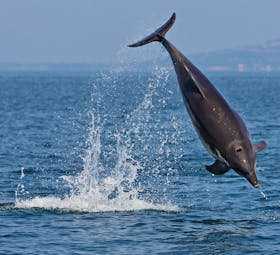
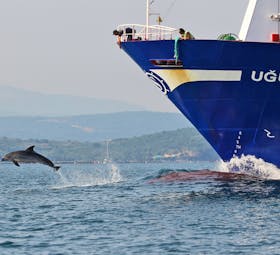
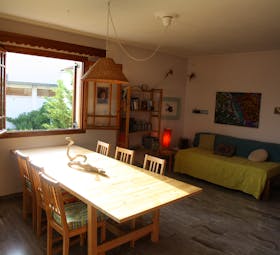
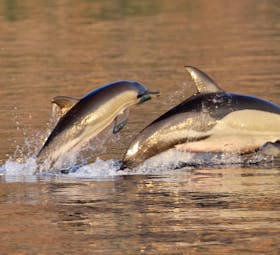
Puntos Relevantes
- Explore and volunteer in beautiful Greece!
- Volunteer with us and gain a first-hand understanding of the motivations that inspire our work!
- Be involved in the monitoring of the secondary study area located in the Inner Ionian Sea archipelago°
- Work side-by-side with researchers and contribute to field data collection
- Meet like-minded volunteers from all over the world!
- Explore and volunteer in beautiful Greece!
- Volunteer with us and gain a first-hand understanding of the motivations that inspire our work!
- Be involved in the monitoring of the secondary study area located in the Inner Ionian Sea archipelago°
Especialmente adecuado para
Sobre el programa
From June to September, be part of a scientific team focused on the study and conservation of coastal dolphins in the beautiful waters of western Greece.
By sharing every experience with us, and ultimately living a researcher’s life, you will gain a first-hand understanding of the motivations that inspire our work, appreciate its significance for dolphin conservation and learn about the importance of protecting the marine ecosystem and its ...
Día típico
Volunteers will conduct daily surveys onboard the research boat, working side-by-side with the researchers and contributing to field data collection. You will actively engage in visual surveys, looking for dolphins, sea turtles, birds and other fauna during navigation. As soon as dolphins are ...
Actividades de tiempo libre
Volunteers will have plenty of free time. The work at sea is concentrated mostly during the morning hours. Once back from the sea, we will all have lunch at the field base. Then, all team members will have about 2 hours of free time before starting to work with the data collected at sea during our ...
Requisitos
Servicios incluidos
¿Qué NO está incluido?
Detalles a la llegada
Cuotas del programa
Conoce a tu anfitrión(a)
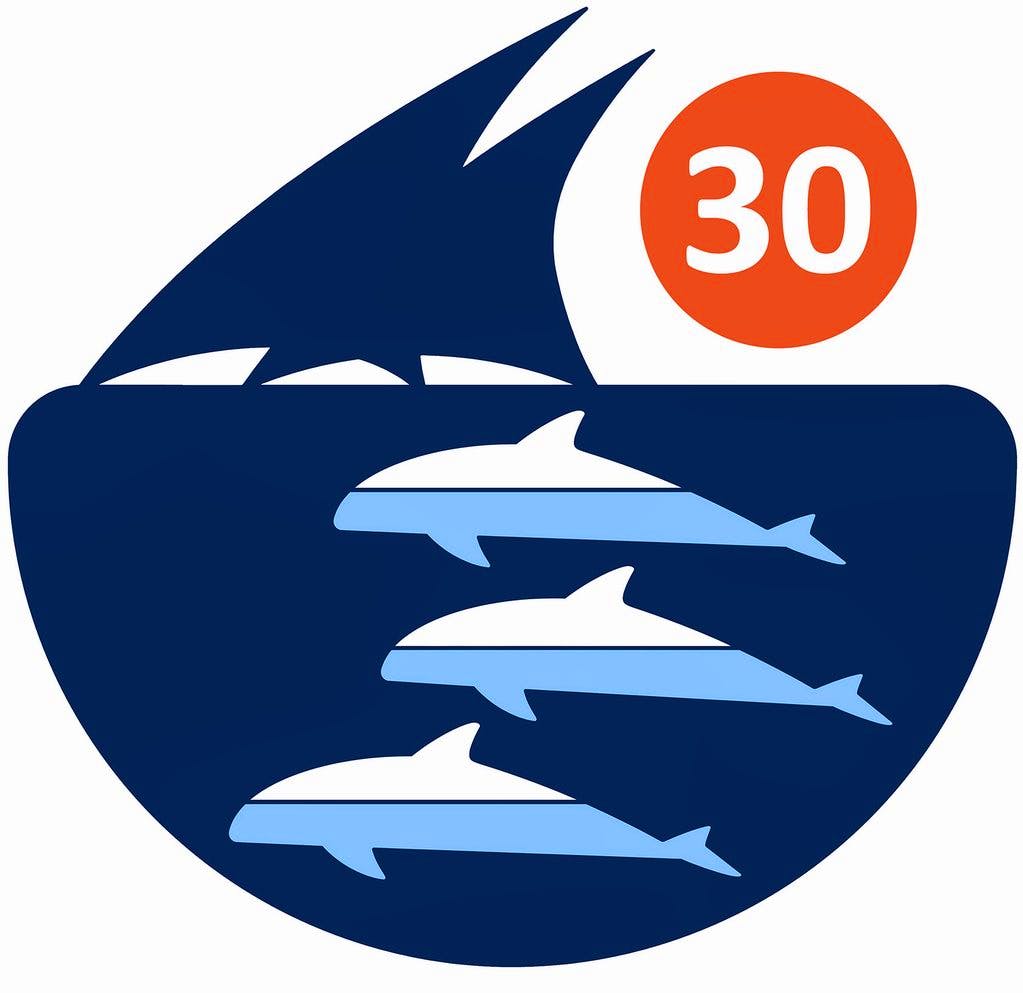
Tethys Research Institute
Sin fines de lucro - fundada en 1991
Verificado por Volunteer World
Coordinado por
Adriana
sobre la organización
8 reseñas ·  4.7
4.7
Ubicación

También te puede interesar
-
Conservación de Delfines
Big Five
Animales en Europa
Viajes Solidarios
Adultos
Ballenas y delfínes
tu Pareja
Los mejores programas de voluntariado
Proyectos en el extranjero
Grupo
Familia
Voluntariado Viajes para estudiantes universitarios
